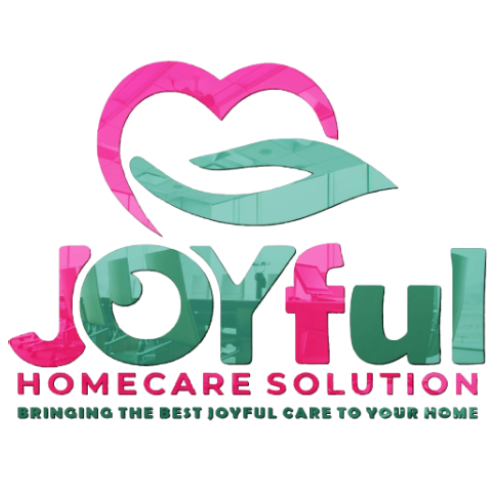
Understanding Alzheimer's: A Guide for Families and Caregivers
Alzheimer's disease and dementia are terms that often come up in discussions about aging and cognitive decline, but they can be confusing. Understanding these conditions is essential for providing the best care and support for those affected. In this blog post, we’ll explore the basics of Alzheimer’s disease, and dementia, and practical tips for families and caregivers.
What is Dementia?
Dementia is an umbrella term that refers to a range of symptoms affecting memory, thinking, and social abilities severe enough to interfere with daily life. It is not a specific disease but rather a collection of symptoms that can be caused by various disorders. Alzheimer's disease is the most common type of dementia, accounting for 60-80% of cases.
Understanding Alzheimer’s Disease
Alzheimer's disease is a progressive neurological disorder that leads to the degeneration and death of brain cells. It typically starts with mild memory loss and can progress to severe cognitive impairment, affecting a person’s ability to communicate, perform daily tasks, and recognize loved ones.
Early Signs and Symptoms
Recognizing the early signs of Alzheimer’s can make a significant difference in managing the disease. Common early symptoms include:
- Memory loss, especially forgetting recent information
- Difficulty with problem-solving and planning
- Confusion about time or place
- Challenges in completing familiar tasks
- Changes in mood and personality
- Stages of Alzheimer’s Disease
- Mild (Early Stage): Individuals may function independently but experience memory lapses and challenges with complex tasks.
- Moderate (Middle Stage): Increased confusion, difficulty recognizing family and friends, and assistance with daily activities become necessary.
- Severe (Late Stage): Individuals lose the ability to respond to their environment, require full-time care, and may experience significant physical decline.
- Caring for Someone with Alzheimer’s
- Educate Yourself: Understanding Alzheimer’s disease can help you anticipate challenges and find effective strategies for care.
- Establish a Routine: Consistency can provide comfort. Keep a daily schedule for meals, activities, and bedtime.
- Communicate Clearly: Use simple language and short sentences. Be patient and give them time to respond.
- Encourage Independence: Allow individuals to do as much as they can for themselves, even if it takes longer.
- Engage in Activities: Find activities that the person enjoys, such as music, gardening, or puzzles. This can help reduce anxiety and improve mood.
- Practice Self-Care: Caregiving can be overwhelming. Make sure to take time for yourself, seek support from friends and family, and consider joining caregiver support groups.
Several organizations offer resources, support, and information for families and caregivers of those with Alzheimer’s disease and dementia, including:
- Alzheimer’s Association: Provides resources for families, education programs, and a helpline. 24/7 Helpline: 800.272.3900
- National Institute on Aging: Offers research-based information on Alzheimer’s and other dementias.
- Alzheimer's and Related Dementias Education and Referral (ADEAR) Center
- The NIA's ADEAR Center offers information and publications for families, caregivers, and health professionals on Alzheimer's disease and related dementias, including information on caregiving, clinical trials, and research.
- Local Support Groups: Many communities have support groups for caregivers to share experiences and advice.
The Alzheimer's Association 24/7 Helpline (800.272.3900) is a free service offering support for people living with dementia, caregivers, families, and the public. Connect with a live person who can provide information, local resources, crisis assistance, and emotional support.
NIA Information Center
Individuals who are deaf or hard of hearing or have speech-related disabilities can use their preferred relay service or learn about available telecommunications relay services.
Phone: 800-222-2225 (English & Spanish)
Email: niaic@nia.nih.gov
Phone: 800-438-4380 (English & Spanish)
Email: adear@nia.nih.gov
ALZHEIMER’S ASSOCIATION HELPLINE 800.272.3900
Understanding Alzheimer’s disease and dementia is crucial for providing effective care and support. While the journey can be difficult, being informed and prepared can help families navigate the challenges ahead. Remember, you are not alone—many resources and communities are available to support you and your loved ones. Together, we can foster a compassionate and understanding environment for those affected by these conditions.
